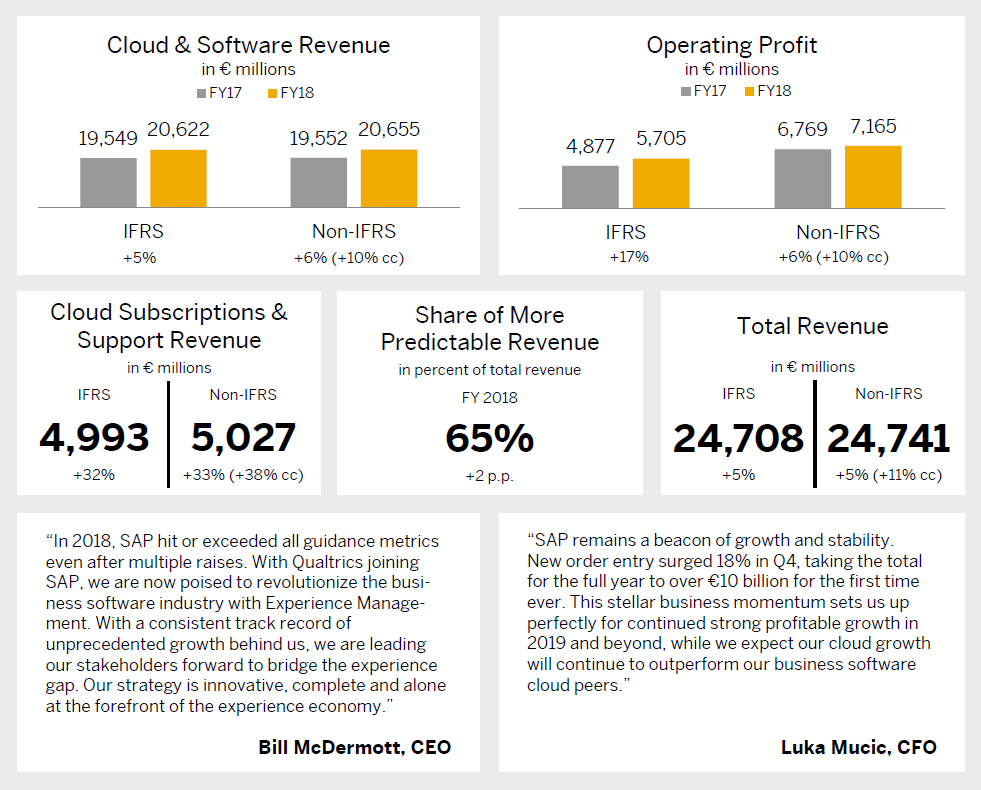I am often asked what the best place is to start transforming performance management. The answer depends on a company’s business goals and the state of its current processes. But, one area that is often overlooked is ensuring employees have clear and meaningful goals.
Providing employees with meaningful and challenging yet achievable goals is fundamental to creating a high performing organization. It is not very engaging to show up to work and not know what you are supposed to do or why it matters. Goals give employees a sense of purpose, clarity, and strategic direction. Goals also provide the foundation for providing effective feedback and making accurate talent decisions.
Most companies have some method for setting goals, but it is often more about process compliance than clarifying job expectations. Rather than focusing on communication and role clarity, many goal setting processes emphasize filling out forms. At a minimum, goal setting processes should strive to meet the following criteria:
- Goals should be defined through dialogue. Most people want to know what they are supposed to do at work, but few people like to be told what to do. The key to resolving this conflict is to use dialogue to establish goals. Goal setting should be approached as a two-way conversation between managers and employees to align what the company needs to accomplish, what employees want to achieve in their careers, and what employees are realistically able to do. This does not need to be an extensive discussion, but it is important that employees have some influence over the nature and definition of their goals. Otherwise, employees may not feel a strong sense of ownership, control, or commitment to their work.
- Goals should be tangible. Goals should define specific accomplishments or outcomes that demonstrate contributions the employee is making to the organization. This means that even if someone never saw an employee perform their job, it should be possible to determine the contributions they have made simply by looking at the goals they have accomplished.
- Goals should be public. There should be no secret to what people are striving to accomplish at work. Employees cannot effectively collaborate without knowing each other’s goals. The more public people are about their goals, the more accountability they will feel toward achieving them and the more credit they will receive when they are successful. Note that it is possible to keep goals public while still hiding confidential information when necessary.
- Goals should be expected to change over time. There are few jobs where an employee’s goals will stay exactly the same over twelve months. Managers and employees should set goals with the expectation they will be refined and modified over time based on shifting business demands and strategies.
Goals set the foundation for every other part of performance management. If employees do not have clear goals, then they will struggle to have effective coaching conversations with their managers since it will be unclear what to talk about. Additionally, the organization will struggle to make effective talent management decisions since it will be difficult to assess what employees have accomplished. If a company can only do one thing to improve performance management, it should be ensuring that employees have concrete, inspirational, and business-relevant goals.
For more tips on performance management, check out Transforming Performance Management: 15 lessons from 10 years of customer engagements or listen to this podcast to dig into the details about why employees want performance management to work, and what organizations and leaders can do to make it better.
Steve Hunt is senior vice president of Human Capital Management Research at SAP SuccessFactors.






